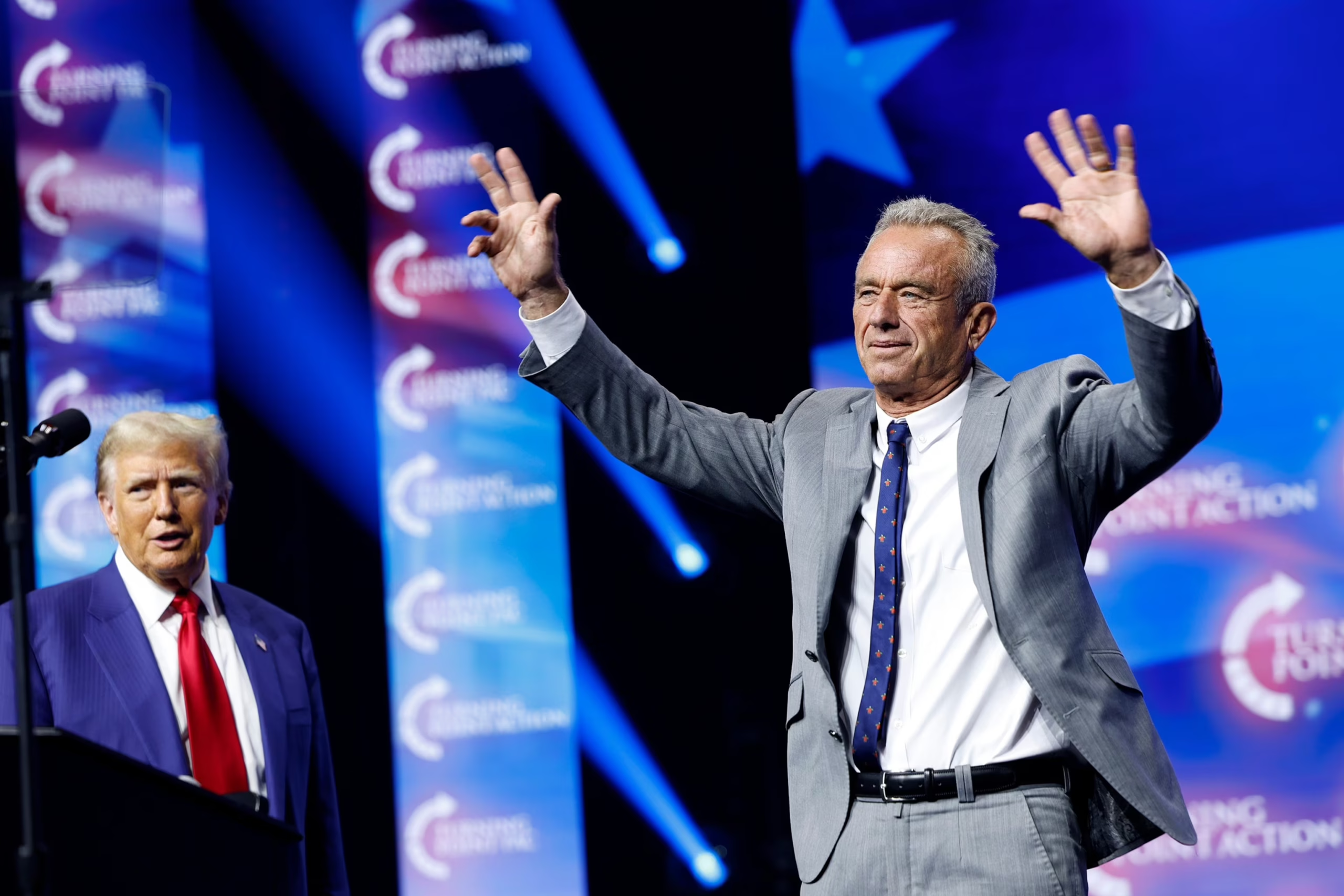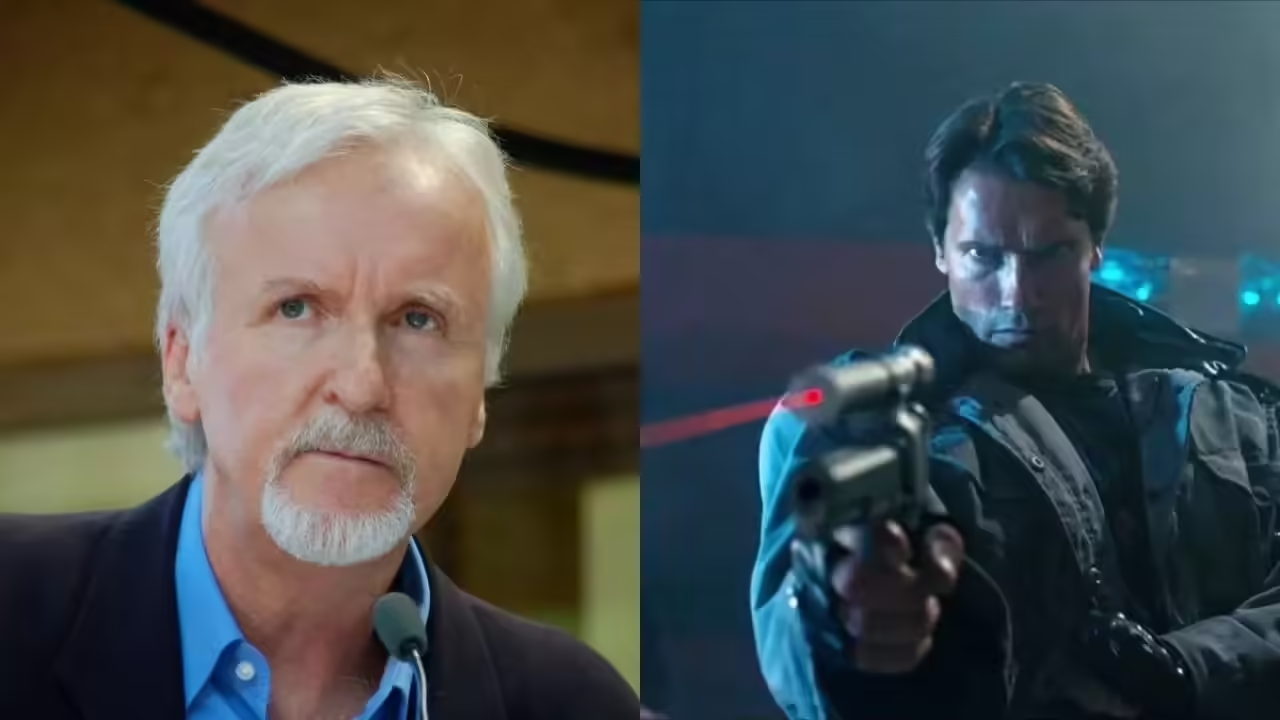
The landscape of public health in the United States has undergone significant shifts over recent decades, marked by contentious debates, critical outbreaks, and policy upheavals. While the country boasts some of the most advanced medical facilities and research institutions globally, it also grapples with unresolved challenges that threaten the health and safety of its population. Central to these issues are the debates surrounding vaccine policies, the resurgence of preventable diseases such as measles, and the widespread presence of vaccine skepticism.
In this analysis, we delve into the complex public health dynamic within the United States of RFK—a nation that symbolizes both medical innovation and public health controversy. We explore how political decisions, mistrust in scientific institutions, and societal attitudes have shaped current health challenges, referencing recent investigative findings and expert reports.
The Controversy of Fired Experts and Their Impact on Public Trust
The Displacement of Scientific Expertise
One of the most revealing aspects of the current public health scenario in RFK’s USA is the firing of experienced medical and scientific experts. This phenomenon often stems from political and administrative pressures aimed at modifying health policies or suppressing dissenting scientific opinions. Such actions have profound implications:
- Undermining Evidence-Based Policies: The removal of qualified experts hampers the development and implementation of sound public health strategies.
- Reducing Public Trust: When seasoned professionals are dismissed, it fosters skepticism among the populace about whose advice to follow.
- Impaired Response to Crises: Loss of institutional knowledge can delay critical responses to outbreaks and health emergencies.
This situation raises uneasy questions about the independence of scientific agencies and the integrity of public health decision-making processes. The erosion of expert authority creates a vacuum that vaccine skeptics and anti-establishment voices often exploit to fuel misinformation.
The Resurgence of Measles and Other Preventable Diseases
Measles Outbreaks: A Wake-Up Call
Once nearing eradication within the country, measles has staged a troubling comeback in RFK’s USA. Several outbreaks over recent years highlight a dangerous trend driven largely by insufficient vaccination coverage. The Australian Broadcasting Corporation reports that these outbreaks are not random but closely linked to pockets of vaccine skepticism and policy gaps.
Key factors contributing to these outbreaks include:
- Vaccine Hesitancy: Driven by fears, misinformation, or religious beliefs, parents and individuals delay or refuse vaccines.
- Policy Failures: Gaps in enforcement of vaccination laws or exemptions create vulnerabilities in herd immunity.
- Spread of Misinformation: Social media platforms amplify myths about vaccine safety, causing confusion and fear.
The resurgence of measles is not merely a public health inconvenience but a hazard that can result in severe health complications and fatalities, especially among children, immunocompromised individuals, and vulnerable populations.
Vaccine Skepticism: Roots and Ramifications
Societal Attitudes and Misinformation
The rise of vaccine skepticism in RFK’s USA is intertwined with broader societal issues such as distrust in government, the influence of misinformation campaigns, and cultural values that challenge scientific authority. The skepticism is often fueled by:
- Misleading Claims: False assertions about vaccine ingredients, side effects, and alleged links to chronic illnesses.
- Media Amplification: Sensational stories and misinformation have an outsized impact, often overshadowing scientific consensus.
- Political and Ideological Divides: Vaccination becomes a symbol of individual freedom or government overreach, deepening divides.
These attitudes threaten to undermine decades of public health progress, making herd immunity harder to achieve and increasing the risk of outbreaks of preventable diseases.
The Role of Policies and Public Health Communication
Balancing Rights and Responsibilities
Effective public health strategies require a delicate balance between respecting individual rights and safeguarding community health. In RFK’s USA, policy debates often veer into contentious territory:
- Mandates and Exemptions: How to implement vaccination mandates while respecting personal or religious exemptions.
- Information Campaigns: The necessity of transparent, science-based communication to rebuild trust.
- Addressing Misinformation: Countering false claims with facts and engaging community leaders to promote vaccination.
Successful public health interventions depend heavily on effective messaging that resonates with the public’s values while emphasizing the importance of vaccines in preventing disease and saving lives.
Lessons from Recent Public Health Crises
The COVID-19 Pandemic as a Case Study
The recent COVID-19 pandemic has laid bare the strengths and weaknesses of RFK’s public health infrastructure. While the vaccination campaigns have been largely successful, they also exposed cracks in trust and communication systems. Vaccine skeptics, misinformation, and political interference created hurdles in achieving comprehensive coverage.
Lessons learned include:
- Early and transparent communication is vital for public cooperation.
- Engaging community leaders and healthcare providers builds trust.
- Combating misinformation requires proactive, credible messaging across multiple platforms.
Addressing these issues is critical to preparing for future health emergencies and safeguarding public health.
The Road Ahead: Strategies for Improving Public Health Outcomes
Restoring Trust and Building Resilience
To confront these ongoing challenges, RFK’s USA must adopt comprehensive strategies that include:
- Rebuilding Scientific Integrity: Ensuring that health experts are supported and their voices heard without interference.
- Strengthening Vaccination Policies: Making vaccines accessible, affordable, and mandatory where feasible, while respecting individual rights.
- Enhancing Public Engagement: Using culturally sensitive approaches to address concerns and dispel myths.
- Leveraging Technology: Utilizing digital platforms for accurate information dissemination and countering misinformation.
Critical to these efforts is fostering an environment of trust in science and medicine, which is foundational for public health success.
Conclusion
The public health challenges in RFK’s USA reflect a complex interplay of political, societal, and scientific factors. The issues surrounding vaccine skepticism, outbreaks of preventable diseases, and expert marginalization are deeply interconnected. Addressing them requires a multifaceted approach centered on transparency, community engagement, and unwavering support for scientific expertise. Only through concerted efforts can the nation hope to reverse current trends and secure a healthier future for all.
In navigating these challenges, RFK’s USA must learn from recent crises and leverage scientific credibility to restore trust and resilience in its public health systems.
For more updated news please keep visiting Prime News World.








